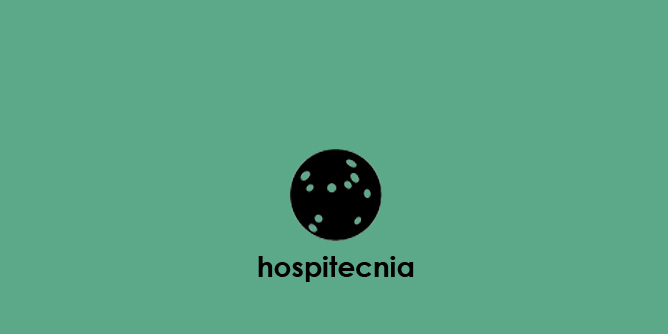A systematic audit of economic evidence linking nosocomial infections and infection control interventions: 1990-2000
Am J Infect Control, 2002 May;30(3):145-52Autores:
Stone, P.W.; Larson, E.; Kawar, L.N.
Columbia University, School of Nursing, New York, NY 10032, USA
Abstract:
BACKGROUND: Nosocomial infections (NIs) are a serious patient safety issue. Infection control personnel are responsible for implementing interventions to reduce this risk. The purpose of this systematic review was to audit the published economic evidence of the attributable cost of NIs and interventions conducted by infection control professionals and to evaluate the methods used. Economic evaluation methodology and recommendations for standardization are reviewed.
METHODS: A search of MEDLINE and HealthSTAR with medical subject headings or text words "nosocomial infections," "infection control," or "hospital acquired infections" cross-referenced with "costs," "cost analysis," "economics," or "cost-effectiveness analysis" was conducted. Published review articles were also searched. Inclusion criteria included articles published between 1990 and 2000 that contained an abstract and original cost estimate and were written in English. Results were standardized into a common currency.
RESULTS: Fifty-five studies were eligible. Approximately one quarter examined NIs in intensive care patients (n = 13). Most studies were conducted from the hospital perspective (n = 48). The costs attributable to bloodstream (mean = $38,703) and methicillin-resistant Staphylococcus aureus infections (mean = $35,367) were the largest.
CONCLUSIONS: Increased standardization and rigor are needed. Clinicians should partner with economists and policy analysts to expand and improve the economic evidence available to reduce hospital complications such as NI and other adverse patient/staff outcomes.Stone, P.W.; Larson, E.; Kawar, L.N.
Para poder escribir un comentario debe iniciar sesión o darse de alta en el portal.




















































